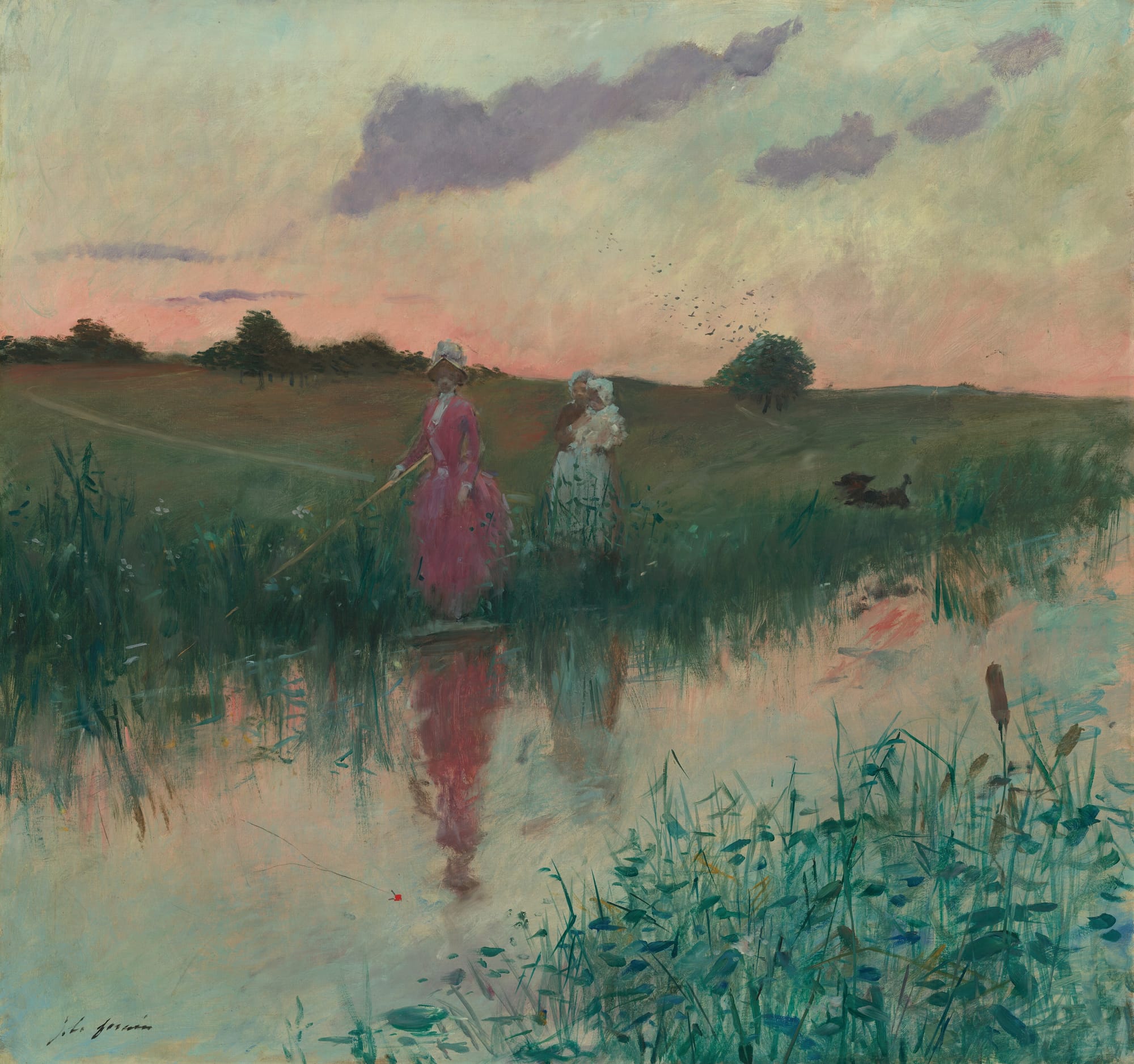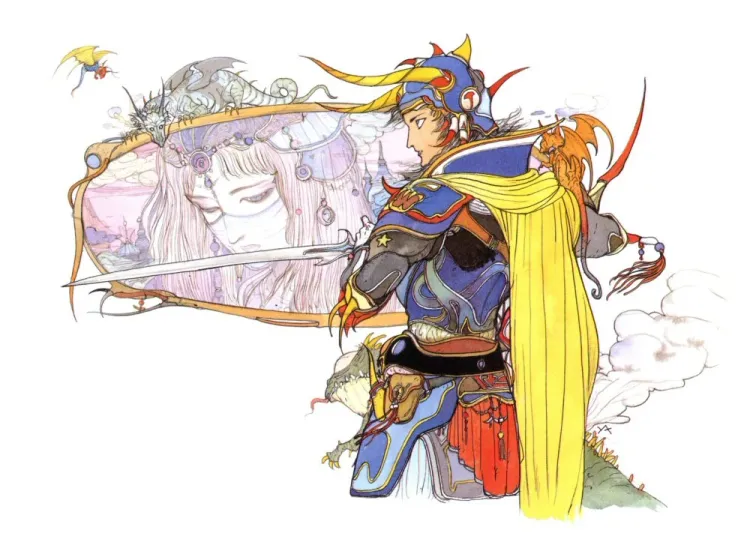TIER Review #2: We Still Believe Nathalie Lawhead
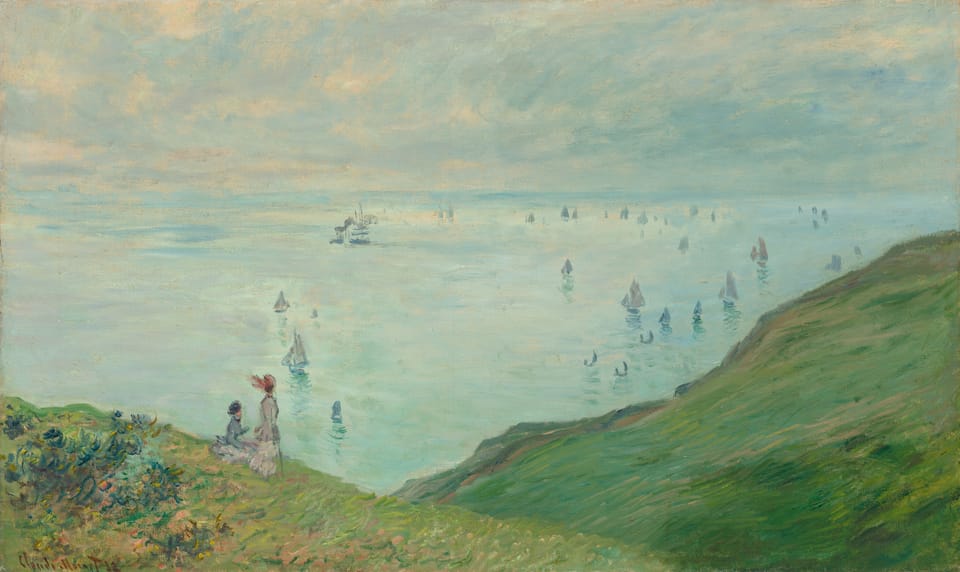
This article continues frank discussion of sensitive issues including sexual harassment and assault, alleged journalistic malpractice, public harassment, and gaslighting.
Grace Benfell:
Hello Phoenix,
We've been discussing writing about Steven Santana's On Culture Missive from July 2024 for a few months. It culminates in a recap of reporting around developer and artist Nathalie Lawhead. Since this essay was published, and since we have discussed writing about it, Lawhead has faced another wave of dismissal and harassment. Therefore, we thought it best to make this discussion public.
Santana's essay is a sprawling and rigorous condemnation of games media's multitudinous failures. Many of its ideas have been echoing in my mind since we started TIER. As a journal, we want to stand apart from, even as we remain in conversation with, mainstream outlets. We want to learn our respective pasts, but also from the mistakes and successes of the niche as a whole. Much of the details of Santana's work concerns the still all-too-cozy relationship mainstream critics have with PR and the inability of critics and reporters to differentiate honest criticism from harassment campaigns like Gamergate. It's a little messy, but it's impressive and incisive, the result of Santana's hard work to understand the space.
There are two broad action points we can pull from Santana's essay:
- More honest accounting from games media (and media writ large, let's not pretend these issues only affect our little corner).
- Actual self-reflection from those in games media, rather than knee-jerk defensiveness.
I want this exchange to keep these points firmly in mind. Nathalie Lawhead's treatment is the moral heart of Satana's essay, but it is also an issue personally important to me (I wrote about it as it was happening). I also would encourage folks reading this to read Lawhead's own words.
Here is a truncated, reductive summary of what happened:
Lawhead posted publicly that Skyrim composer Jeremy Soule abused and sexually assaulted them. The story was picked up by several sources, including Kotaku, who interviewed Lawhead for their story. Months later, Lawhead claimed that Kotaku reporter Cecilia D’Anastasio told them that details of their assault were off the record and then put those details in the story anyway. After a public outcry, Kotaku amended the story, but did not issue an apology and found no wrongdoing.. Lawhead further pushed for the article to be removed, posting on Twitter every day and petitioning editors and executives. Despite members of the gaming press casting doubt on the campaign's necessity and validity (and D’Anastasio herself calling Lawhead a liar), the article was eventually taken down.
It is that last sentence I want to focus on. Regardless of intentions, it was dehumanizing for Lawhead's story to be talked over like water cooler news. For many people, what happened to Lawhead was an abstract moral issue, something to be both-sided or “made nuanced”, with the real person at the heart ignored because they were loud and impolite.
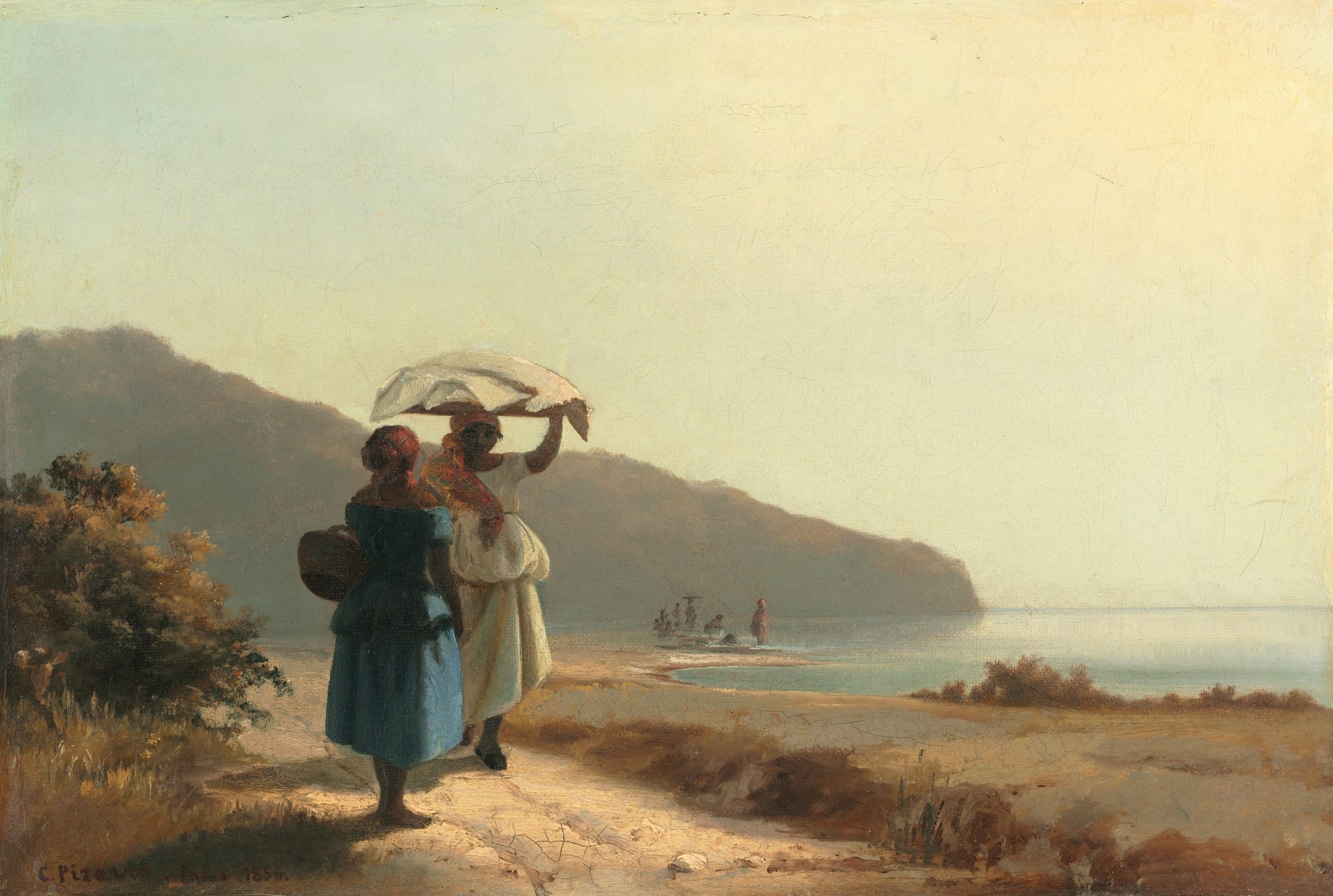
Amber Heard was a very public example of many of the same dynamics. Rayne Fisher-Quann has an excellent essay about this, worth reading in full, but here's a relevant section: "Once you start pushing the idea that a woman has to be perfect in order to be believed, you head down a road that ends with the systemic exorcism of any woman too human to be a good victim." Worth noting that, although Fisher-Quann rightly focuses on women, these are issues that can affect non-binary people and even men. Lawhead is not a woman, but it is still true that they faced issues of structural misogyny.
To be clear, I do not think that Lawhead has done anything wrong (though if they had, it wouldn't change my opinion on these issues). However, they did not act as a perfect and demure victim. Lawhead spoke out when D'Anastasio’s journalism (allegedly) misrepresented them and pushed back when other journalists (like Gita Jackson and Dante Douglas) characterized their behavior and their demands as harmful, useless, and unreasonable (even comparing Lawhead to a powerful corporation seeking to remove journalism unfavorable to it). Perhaps a "good" victim would be grateful that someone else spoke for them, that their story was heard. Instead, Lawhead was courageous. They refused to be trapped by D’Anastasio's report and raised their concerns at great personal and psychological cost. To this day, Lawhead continues to be painted as too crazy to be taken seriously. These people would never deny that Lawhead was abused and assaulted, but they characterize the rest of their claims as unreasonable, too much, or manipulative. It is effectively a denial of their assault, because it characterizes them as not worthy of being believed.
In a follow-up essay, Fisher-Quann wrote, "Rather than criticize the larger structure that encouraged their punishment, we’ve learned to absolve individual women on a case-by-case basis; saying “we were wrong because she didn’t do anything to deserve that” instead of “we were wrong, and nobody deserves that” always leaves room for someone new to take her place (that is, of course, until we realize she didn’t really do anything that terrible either)." The question remains: What did Lawhead do to deserve this? What did they do to justify constant condescension and widespread institutional dismissal? What did they do that warranted a soft industry blacklist?
Furthermore, history proved Nathalie right. The article's not up anymore. Their demands were feasible and achievable. No corporations used this as precedent for some heinous crime. Gamergaters continue to mischaracterize Kotaku and other outlets of course, but that was going to happen anyway. The person most directly, materially harmed through all this was Lawhead. The only thing that changed was Lawhead's most palatable demand, the one that required the least work and introspection. I don't think that anything has really changed for the people that wronged them. If there hasn't been a real public reckoning, there hasn't been a private one either.
So, how do we move forward? It is not so much a matter of individual people being virtuous enough to avoid these issues, but collectively building systems and communities that can notice when these things are happening and work to stop them. We need space to call bullshit, to be mad at each other, if that's what it takes to make things right. If other websites can't or won't do this, we will. I refuse to let TIER contribute to a false sense of normalcy. There is something wrong in games media and it cannot be fully explained by deadlines, private equity, or layoffs. We need an honest moral accounting.
There were people before Nathalie Lawhead. There will be people after. And you know what?
You won't believe them either.

Phoenix Simms:
Thank you Grace,
In keeping with the action points of Santana’s essay, I want to briefly sketch what my context for the “#MeToo in games” moment was. I do this not to make the discussion solely about my reaction, but to be honest about my shortcomings. I was not directly affiliated with any large games media outlets at the time, but I was aware of the general landscape due to having been a managing editor for games media startup site “Third Person”. My last work for that site wrapped up as of March 2019, so five or so months before Nathalie Lawhead’s post and the resulting furor on social media and elsewhere on the net.
On a personal note, I was still in the middle of a hectic move out-of-province and reconciling two day jobs as I built my writing portfolio. One of those day jobs was as a casual receptionist for a film equipment company. It often made me reflect on the state of rape culture, not just in the media industry, but as a widespread and quotidian issue. It had only been two years since the Harvey Weinstein case, after all. Not to mention, that case was two years before Lawhead published their initial post in August 2019.
I remember circulating Lawhead’s posts and related posts in support of them on Twitter and tried my best to keep abreast of related stories of rape and abuse in the games industry. I remember thinking the deluge, which was only one of several such inundations in recent years, was too much to process all at once. There were days where the news cycle about #MeToo in games made me numb with sheer anxiety and depression. I wish I had had the tools I have now to deal with that numbness then. I hated that once again, all I felt I could do was share and amplify posts. I didn’t feel I had competent enough language or perspective to comment on the matter in a productive way. I read your letter when you published it and I believe I shared that as well at the time, thinking “well, I can’t put it any clearer than that.” Lawhead followed me shortly after this, if I remember correctly. Although I’m honored they are a friendly mutual of mine, I often feel guilty that I was so limited in what I felt I could do for them.
More so than the initial #MeToo movement, Lawhead and how the games media encouraged a toxic and detached discourse about their endurance of rape and abuse taught me how rape culture does not just involve the rapist and their victims. It involves those with the power to spin the rigid narrative that the general public accepts and perpetually reproduces. I was a lot more naive in 2019; I felt no small amount of shock and disbelief that so many individuals (several of whom I respected) were perfectly okay with branding Lawhead as irrational. How was grappling with the trauma of being raped somehow more problematic than D'Anastasio’s failure to not respect Lawhead’s concerns? Especially when allegedly continuing to keep Lawhead’s private matters published was garnering them the most degrading kind of scrutiny and misplaced judgment.
I realized that the entire culture surrounding games was more sympathetic to performative activism than it was to practical and empathetic action. Erin Wunker, a Canadian feminist scholar, stated in her book Notes from a Feminist Killjoy that we still don’t know how to discuss rape and rape culture. We simply don’t have an effective enough language for it yet. But I don’t think I need to expound on why Othering the endurer of rape and its culture is similar, if not worse, than the aforementioned.
Lawhead has been relentlessly Othered by games media and subjected to linguistic violence that focuses on retraumatizing them and other endurers of Jeremy Soule. I hate typing out this bastard’s name throughout this response and am tempted to just refer to him as JS. I would like to do as Nicole Brossard did when she refused to dignify the perpetrator of the 1989 Polytechnique Massacre in Montreal with direct reference, by calling him ML and connecting him to a history of male violence against minorities. In that case the assault was specifically against women, but as you said Grace, issues of misogyny affect non-binary people and men as well. I don’t think games media is in a place yet to adopt Brossard's strategy, however. Short forming an individual's name in this instance risks people glossing over details and anonymizing the specific individuals who commit violence in this industry.
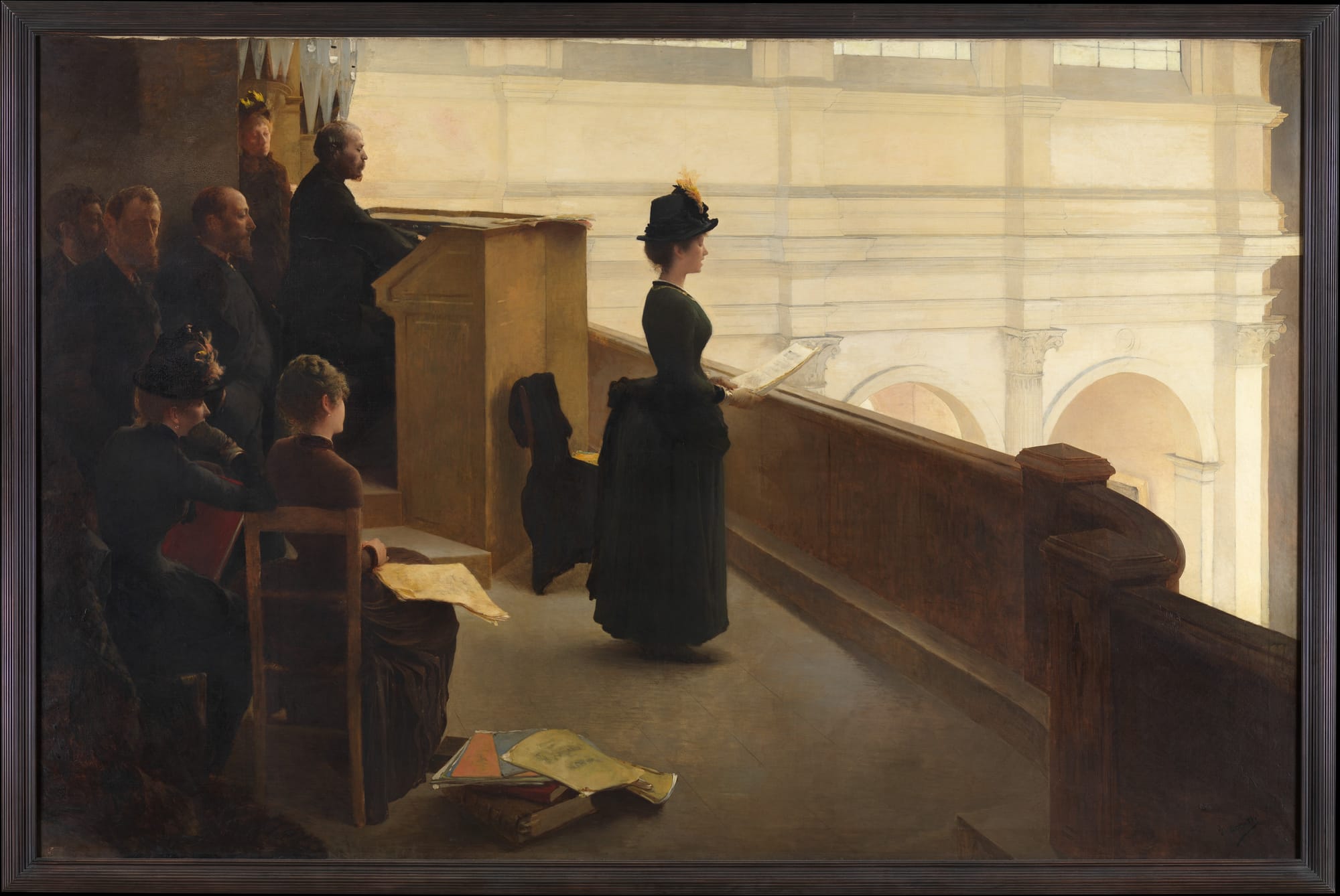
But as you’ve said, games media and media writ large would rather defend only the mythical perfect victims. They don’t want to deal with the embarrassment of being shown their lack of care in dealing with someone vulnerable. They would rather disregard the pain of the endurer(s) in service of showing how virtuous they were for breaking the story of games #MeToo moment.
I shouldn’t have been so surprised that games media and culture still doesn’t know how to talk about rape and rape culture. The first recourse of chronically online internet users is to resort to rape and death threats, after all. I also shouldn’t have been surprised that any of the game journalists would be so defensive as to dismiss someone affected by this toxic environment. I’ve been hearing a lot of people lately remind others online that “words mean things." Ethics in games journalism does not only exist in a gamergate echo chamber. While I understand the paranoia over the reiteration of bad faith arguments and the violence that can incite, the foremost of our media personalities know that they have a greater responsibility beyond award-winning reporting. They need to put aside the cool-factor of being the authorities with the pulse on the games industry and allow themselves to promote a community and culture that allows for constructive arguments and implementation of feedback.
This media landscape does not have to be this defensive and essentialist. We want TIER and its growing community to be a respectful and nuanced mess. We won’t get anywhere different and healthier if we don’t allow ourselves to confront and unpack the messiness of culture. On a personal note of accountability, while there were some valid anxieties relating to gamergate’s tactics of extreme harassment and doxxing, there’s a real sense that games media doesn’t want to risk any social scrutiny from any party. Especially those who have a similar renown to D’anastasio and Schreier. I include myself in the statement that we, those critically engaging with games that is, should be willing to risk more. You know we’re still reckoning with a culture of shame both online and off when the threat of personal embarrassment or humiliation is enough to prevent meaningful action taken to keep someone vulnerable from enduring years of abuse.
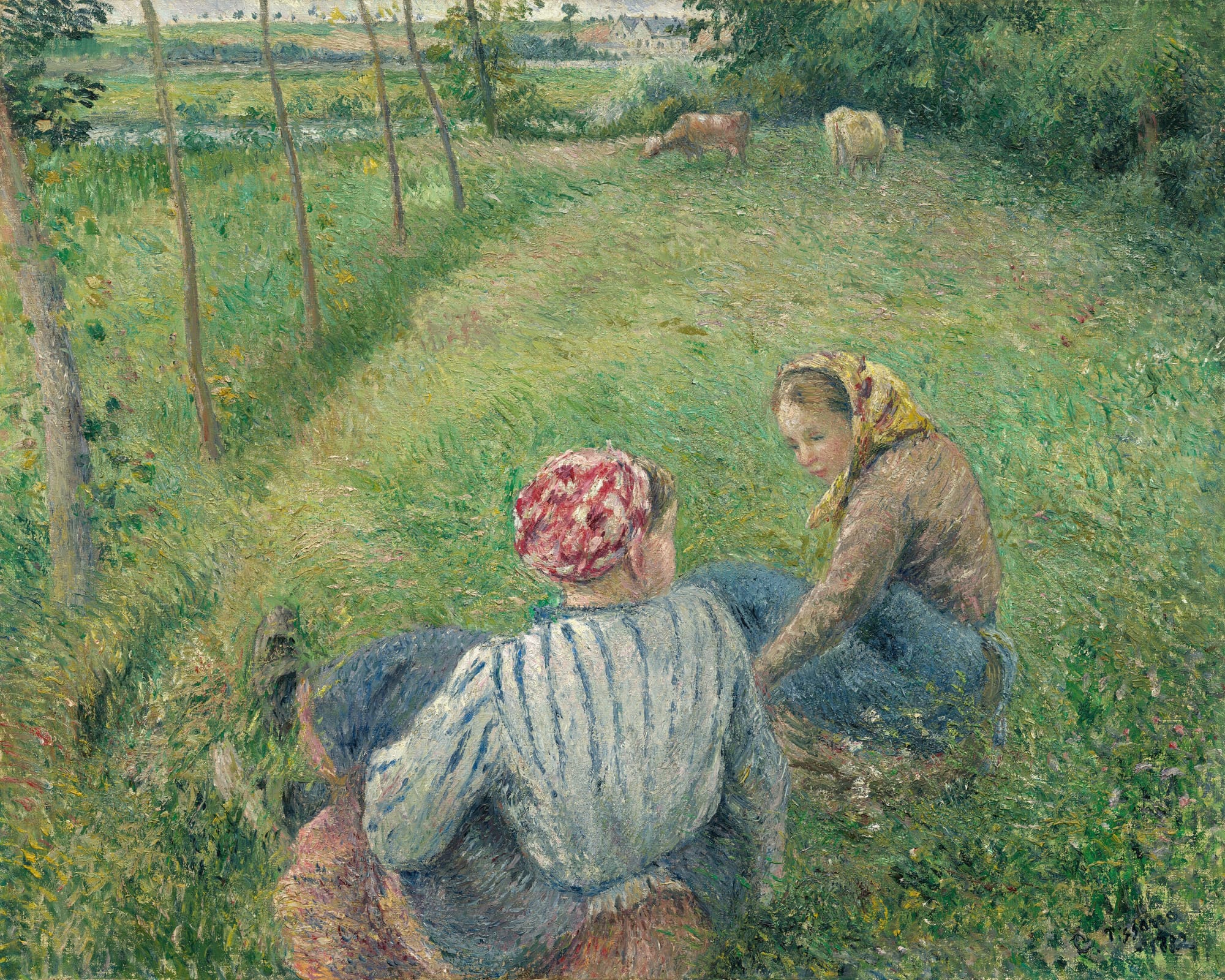
Grace Benfell:
Well said Phoenix,
It is worth recognizing at this point that these are gigantic issues, woven down into the very things that stitch both of our societies and cultures together. It makes more than a little sense that these things feel impassable, even inarguable, when they are so immense and (sometimes) distant from the moment-to-moment experience of our lives. None of us can really be authorities, even those of us with serious expertise. Speaking up about these issues means, by definition, entering ambiguous, interpersonal space where a lot can go wrong and, as you’ve said, a lot of shame and fear reside. We have to grant room for the parts of us that shrink from those facts, that feel overwhelmed and frightened, and want to retreat.
But we also cannot retreat. We have to dig in. Doing so requires at once confidence and humility, a willingness to make mistakes and to be called out on them, a desire to do more than appear good to other people, but rather to do good and leave the idea of being good behind altogether. The vast majority of games writing is self-defensive: this is art and not a waste of time, this is journalism and not glorified PR, criticism is welcome, just not right now or about this, I could never do or say that, I’m a feminist! I just don’t like her. As Santana writes, “You would think that people who engage in criticism of video games… would be receptive towards critiques and complaints towards their own work, but they're not. It's largely dismissive. It's largely deflective. It's largely very defensive.”
We have to cut this shit out. It is killing us. And none of us are free from it, no matter our stated values, no matter what we’ve written or said, no matter our specific set of marginalizations, or how we want other people to see us. It matters what we do. We are obviously more than our mistakes, but to truly see that truth we must agree that we made mistakes.
Look, not everything online requires this degree of introspection. There is plenty about one’s interior life that should remain private. However, Lawhead did not get that right to privacy, did not get the opportunity to obscure themselves. When they demanded that this be corrected they were slandered as an overemotional liar. A writer, a journalist, one of us did this. And so many people justified that. This is a public concern that must be addressed with public apologies, public accountability, public introspection.
I’m under no illusion that this exchange will cause that to happen, but I do feel it is important to model what that might look like, to do it ourselves when it seems like no one else will. I was vocal about my support for Lawhead. Up until the article was removed I was putting together an open letter to gather support for their cause, but that wasn’t enough to protect them. I say this not to self-flagellate or to dismiss my own contributions, but rather as a simple fact. Collectively, we did not do enough.
But the future is not written. There is still so much more we can do, for each other and for ourselves. Let's stop making excuses and get to work.
